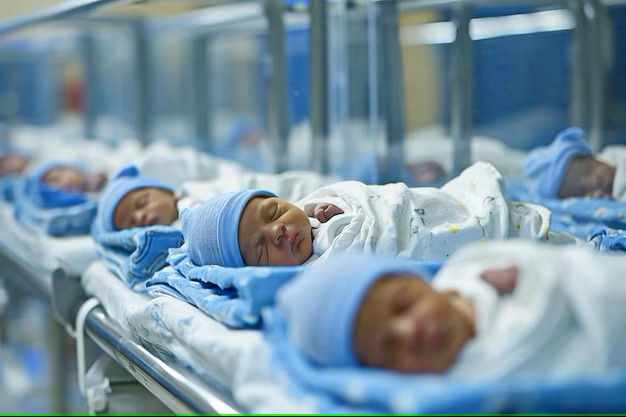The Ultimate Responsiblity: Be Whole
- Susanne Haase

- Apr 4, 2021
- 3 min read

We have been given this one life. It's a flash in the pan, though sometimes it can feel interminable. "Pain is slow," a friend once said. It certainly is. Yet, a life - with pain and all - really comes and goes so quickly, mostly when we are not looking. And when we are, we seem to be looking at the wrong things, or for the wrong things.
Most of us will wonder at some point in our lives what we are doing here. What are we supposed to do with this unpredictable gift that keeps giving and taking? What are we responsible for?
The notion of responsibility is ingrained in most of us since childhood. Generally, we are taught to meet societal expectations to be honest, to hold up our end of a bargain, and to do no harm to another. We are taught to be responsible for ourselves in navigating through life.
Somewhere along the line, however, our notion of responsibility may become warped. We may feel overly responsible for things outside of our control, leading to feelings of guilt and shame for outcomes gone awry, even if we had no real part in them. Conversely, we may feel everyone and everything else is responsible for how our life unfolds, and we attribute all outcomes - both undesirable and desirable ones - to something outside of ourselves, placing us in a position of eternal victimhood, at the mercy of fate or random luck.
What we are not taught, it seems, is that we must take responsibility for our our own wellbeing by the way we respond to life. It is only when we take full ownership for how we answer to circumstances out of our control that we bring forth our best selves. This is what defines how we experience our brief speck of life on earth, and how others experience us.
We know that children, especially, feel secure and come to know the world as a safe place to explore and enjoy when their parents or primary caregivers embody that security and model for them the ability to choose happiness (I use the term "happiness" loosely; I do not imply that constant happiness is a goal, and of course children must learn to respond to life's disappointments, too.) Therefore, the greatest contribution parents can make to their children's wellbeing is to exemplify their own, and to teach children that they have choice and are responsible for shaping their own lives -- not luck, not circumstance, not others. This may be extremely difficult under certain circumstances as parents face their own life stressors, but how they respond, and the responsibility they take for coping, is a powerful lesson that will embed itself in a child's psyche.
As adults, this ownership for our response to life's challenges is our ultimate responsibility. Only by cultivating a grounded sense of wellbeing, ability to cope, resilience, and perseverance can we be whole. And when we are whole, we offer the world our best possible selves. We may falter, break, and at times need help; that is our common humanity. But we can neither be victim nor savior. We must meet our ultimate responsibility before we can support, connect with, or love another freely. The well-known direction for adults to put their oxygen masks on first in an airplane before assisting children exemplifies this. We must be well, whole, grounded to be of service to anyone else in this life.
We are not responsible for another's suffering even if we cause them pain, and we are not the cause of another's happiness even if we bring them joy. We are not that powerful. We may contribute to both, but we are ultimately responsible only for being whole, for choosing how we show up in this world, for making the most of our time here. Only when we can nurture and love ourselves can we have any love to offer. This much we owe to others, to ourselves, to this life.





Bravo! Well written and said. Thank you!